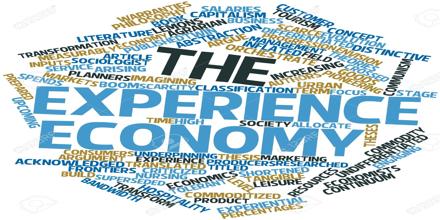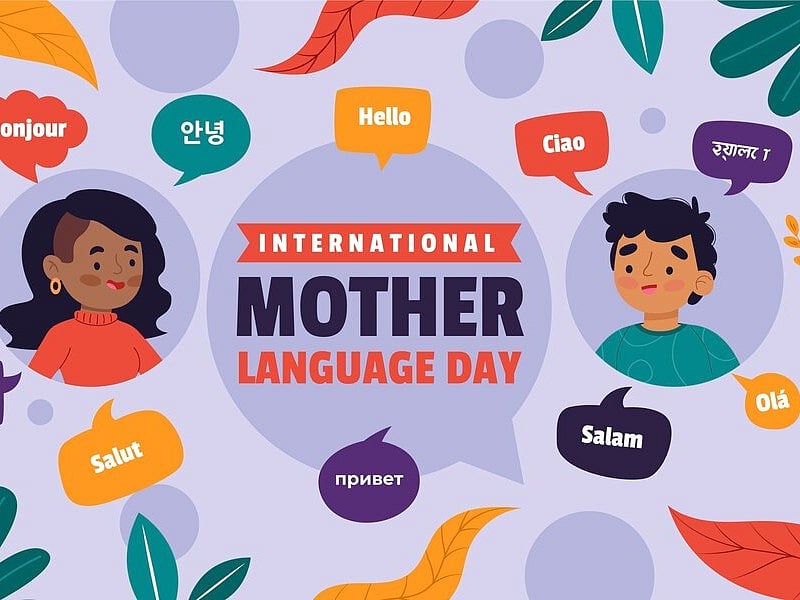By Abimbola Mohammed
Welcome to the Experience Economy, where businesses must form unique connections in order to secure their customers’ affections and ensure their own economic vitality. Thriving in this new economy goes beyond competitive pricing, product quality and marketing. In this new economy, the customer asserts his majesty and business that will do well must be tick on customer experience.
Experience Economy was first introduced by Joseph Pine II and James Gilmore in 1998. The idea of the Experience Economy ushered in a completely new way of thinking about customer experiences. And although the world has changed since the idea was put forth, the way to a customer’s heart has not. A recent survey from Bain found that 80% of customers chose to leave a brand due to poor customer experience. Research from the U.S. Chamber of Commerce indicates that up to 67% of customers switch brands not due to price or features but due to customer experience or a perceived lack of attention, personalization and engagement by the brand.
The idea of staging experiences to leave a memorable and lucrative impression is now more relevant than ever.
The world is still recovering from the effects of Covid-19 pandemic and the restrictions in has imposed on human physical contacts. Nigeria is not immune to the global phenomenon and the challenges of doing business in a Covid-19 pandemic and post-lockdown era. To find out how Nigerian businesses have been tapping into the experience economy concept, MARKETING EDGE went to town and interviewed key players in the IMC industry on how brands can leverage experience economy to boost sales in times like this when the digital space is available and easy to access by their customer and how creative agencies can also encourage their clients to embrace the possibilities of using this method.
Ozonemana Mbanefo, founder, 02 Academy, one of Nigeria’s leading school of brands and marketing communications, does not see any reason why brands should not embrace the idea of ‘experience economy’. He stated that when there are new trends or innovations, it takes time for people to adapt and as the people learn to adapt, agencies and brands also find ways to make the people communicate back to them. In explaining the concept of experience economy further, he described it as Micro and Macro Influencers’ Inoculation. His words: “Experience marketing is the concept of micro and macro influencers’ inoculation. Micro and macro influencers’ inoculation is simply a strategy that is created or designed to get people to communicate back to the brand positively.”
“I call it creating ‘prosumers’, by ‘prosumer’ I mean that they are producers and consumers at the same time. They produce information for you as they consume your brand. And the only way this can happen is by giving them a product to test. When you get them to test the product and talk about it, you are simply recruiting associate brand ambassadors who will now become your micro and macro influencers.”
He noted that in some instances, brands may approach influencers to post something positive about them to give such brand more ratings.
“Take for instance someone that has got up to 500 followers on Instagram and you have 500 of such people out there. Now just say about 200 of them simply post something about your product positively now those 200 people multiply by 500 hundred followers would have generated a lot of influence for the brand.
“Those are the people we refer to as micro and macro influencers. They can speak either positively or negatively because it’s a two way thing, if your product is bad they are going to say it is bad and if it is good they will also say it. What brands should do is to create a top notch product or service that will earn them some sort of respect when people are talking about it.”
He stated further that when companies or brands put out their product and ask people to experience the product, what simply happens is that the brand will have more brand crusaders that is going to be speaking positively in favour of the brand. So when this happens, it means that the macro influencers are out there and they are inoculated.
Interestingly, Lekan Otufodunrin, MD Media Career Development Network (MCDN), makes a slight distinction between influencers and the concept of experience economy. According to him, instead of brands using influencers simply because other brands are using it then, they should try using people’s experience to sell their products. He recommends that as much as brands want to use influencers they should also encourage experience sharing. Going all out for the adoption of experience economy, he said, “I recommend that experience economy should be used because you cannot argue with facts and experience that people have after using a product. Especially when the users are actually the ones talking about their experience.”
Sharing his view on how experience economy can influence buying decision of customers with MARKETING EDGE, Otis Ojeikhoa, Managing Director/CEO, Brands Optimal, said: “I understand the power of influence and the power of peer reviews. People may likely buy a product because it was prescribed to them by a friend or close associate. So influence is based on trust and if I do not trust you, then you cannot influence my thinking. So when someone has used a product and it is working for him, he/she can refer the product to others. Because the reference is from a trusted source, they are more likely to buy and sales will likely increase.”
“An influencer or a social media influencer or a community influencer is someone that ordinarily enjoys good will. The power of his conviction may not be as strong as a user because a user is a firsthand source whereas the influencer is someone driven by option, so experience economy is more powerful.”
He added that the reach may be smaller but the effectiveness and conviction is very high because it is coming from a trusted source. Someone with a communal power of influence can be listened to but there will still be doubt because there is no fact-based information.
“Influencers are powerful but they have lots of people that follow and listen to them, however when talking about experience economy or when someone who experiences a product is giving reference, it will be more convincing because there are facts to back the claims.”
Given the response from experts and industry players, it is evident that experience economy is not a strange concept. It may not be out of place that it has influenced some adverts and campaigns. However, whether this concept is being effectively deployed is a different kettle of fish.






Comment
No comments found.